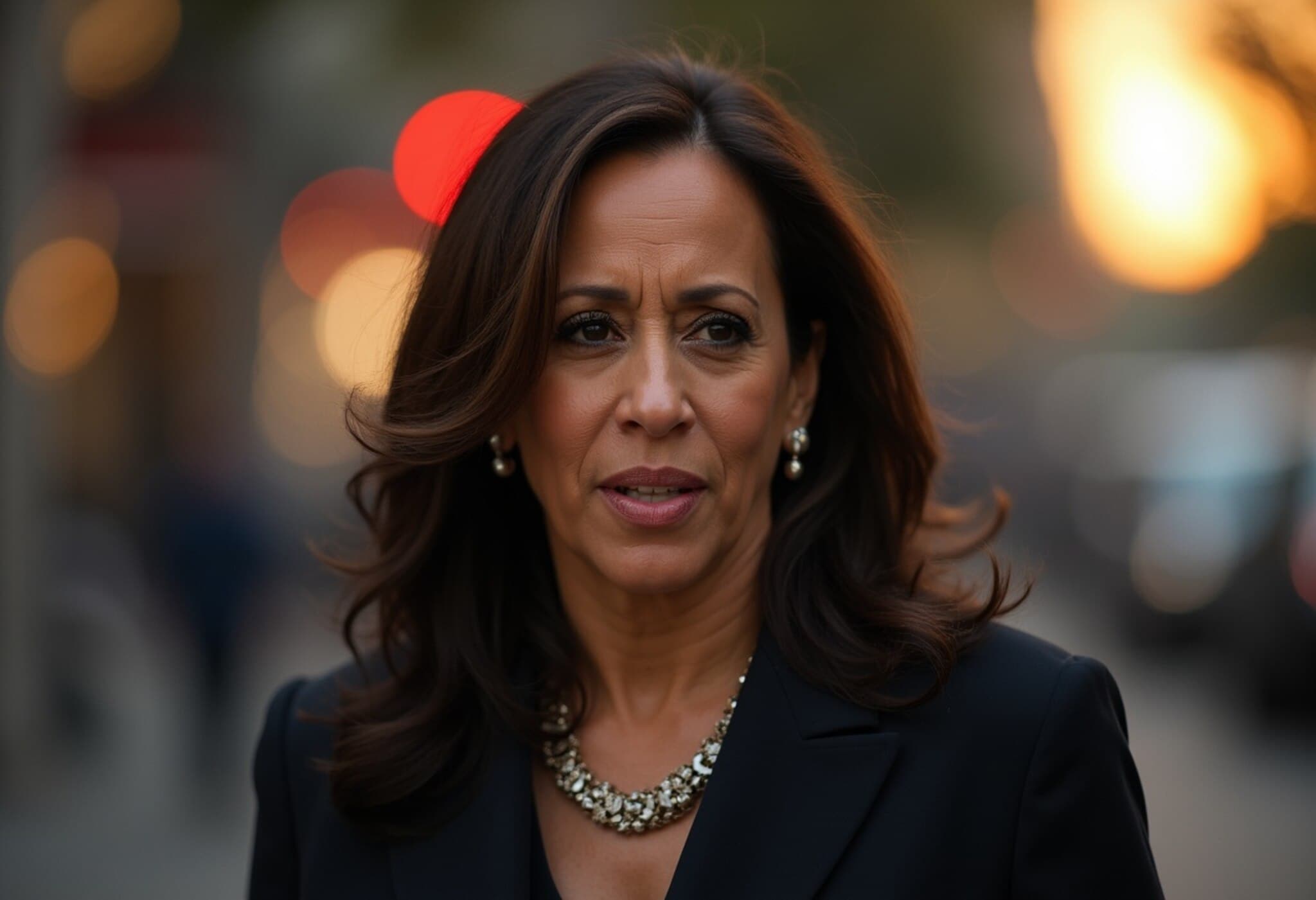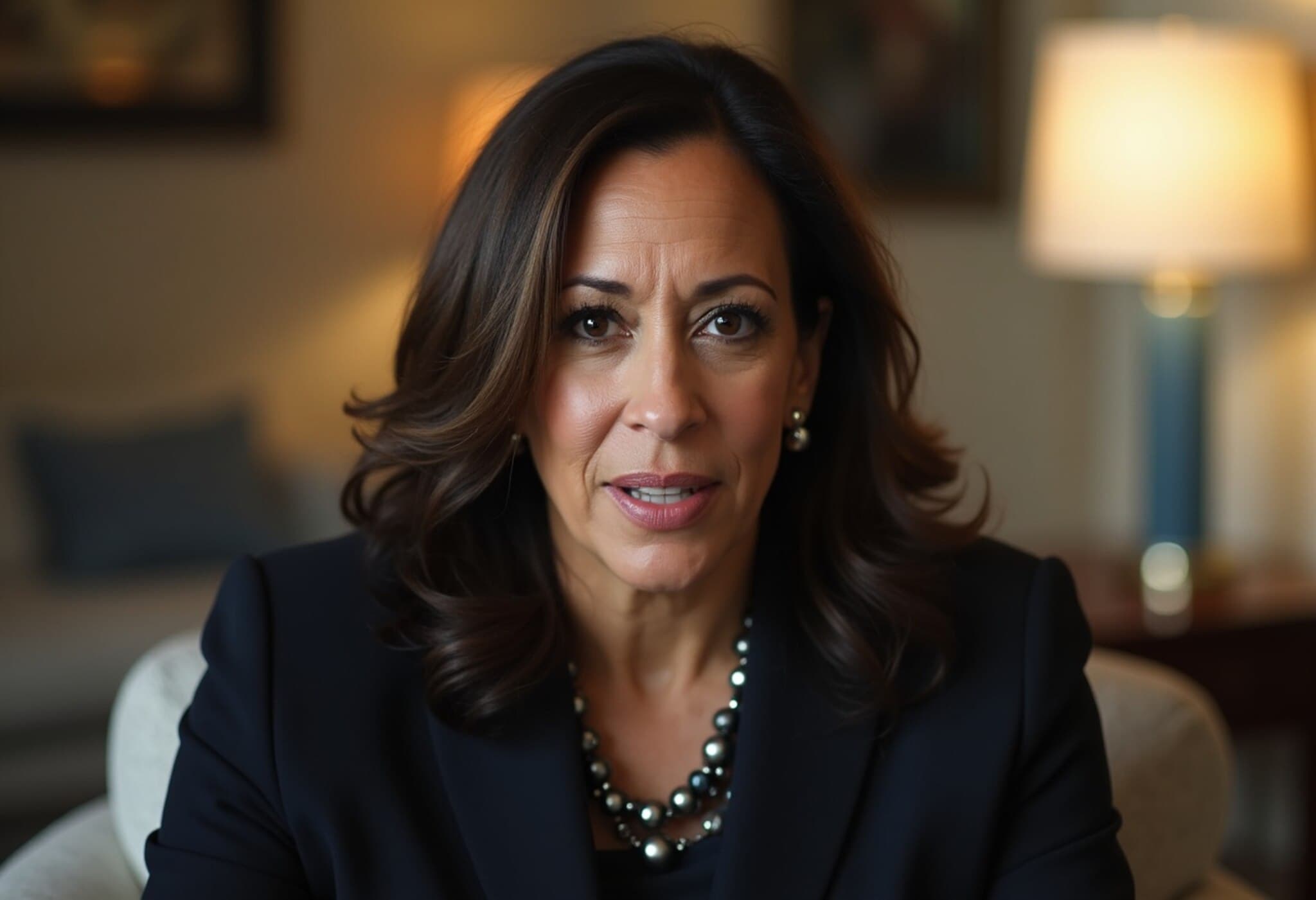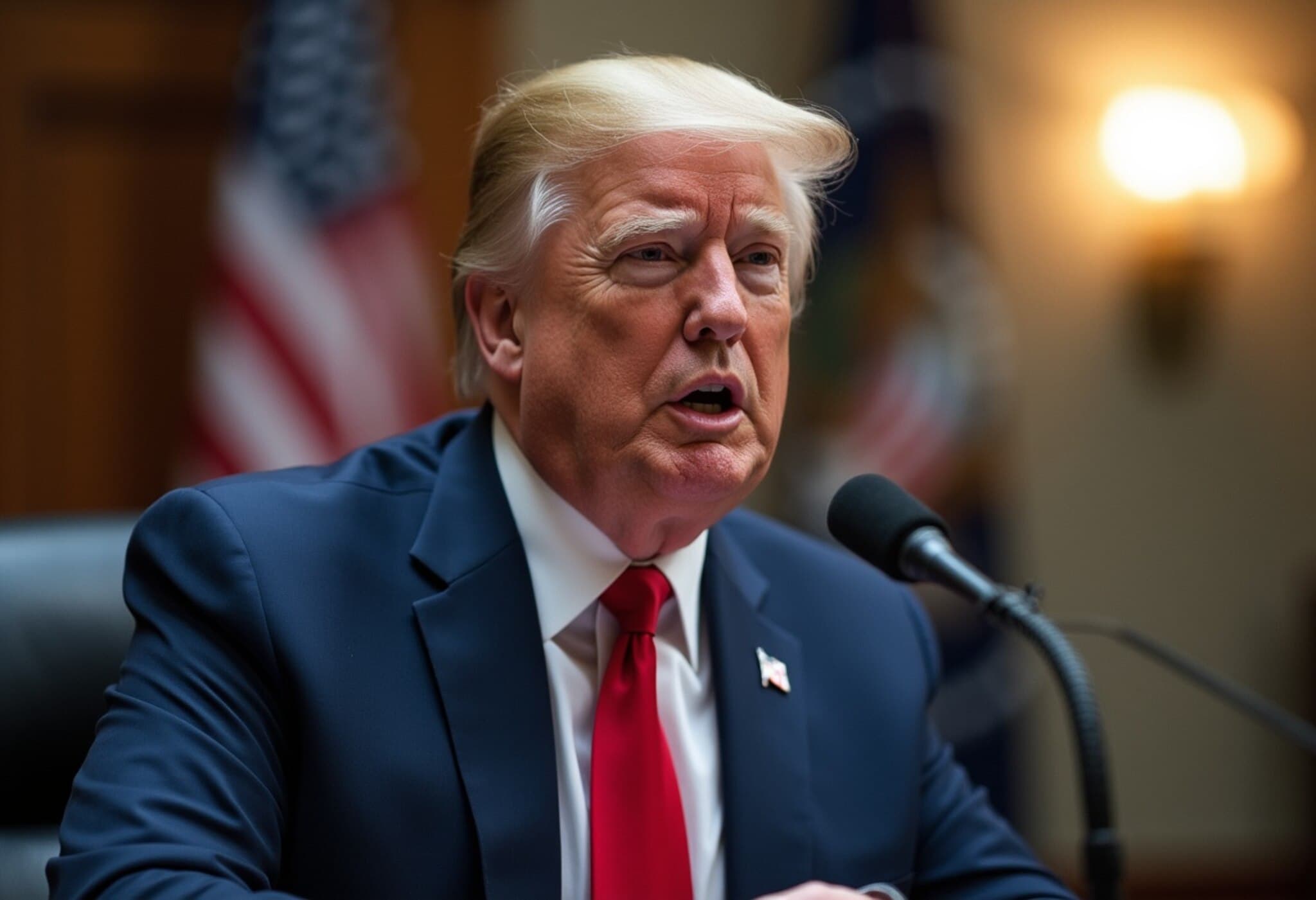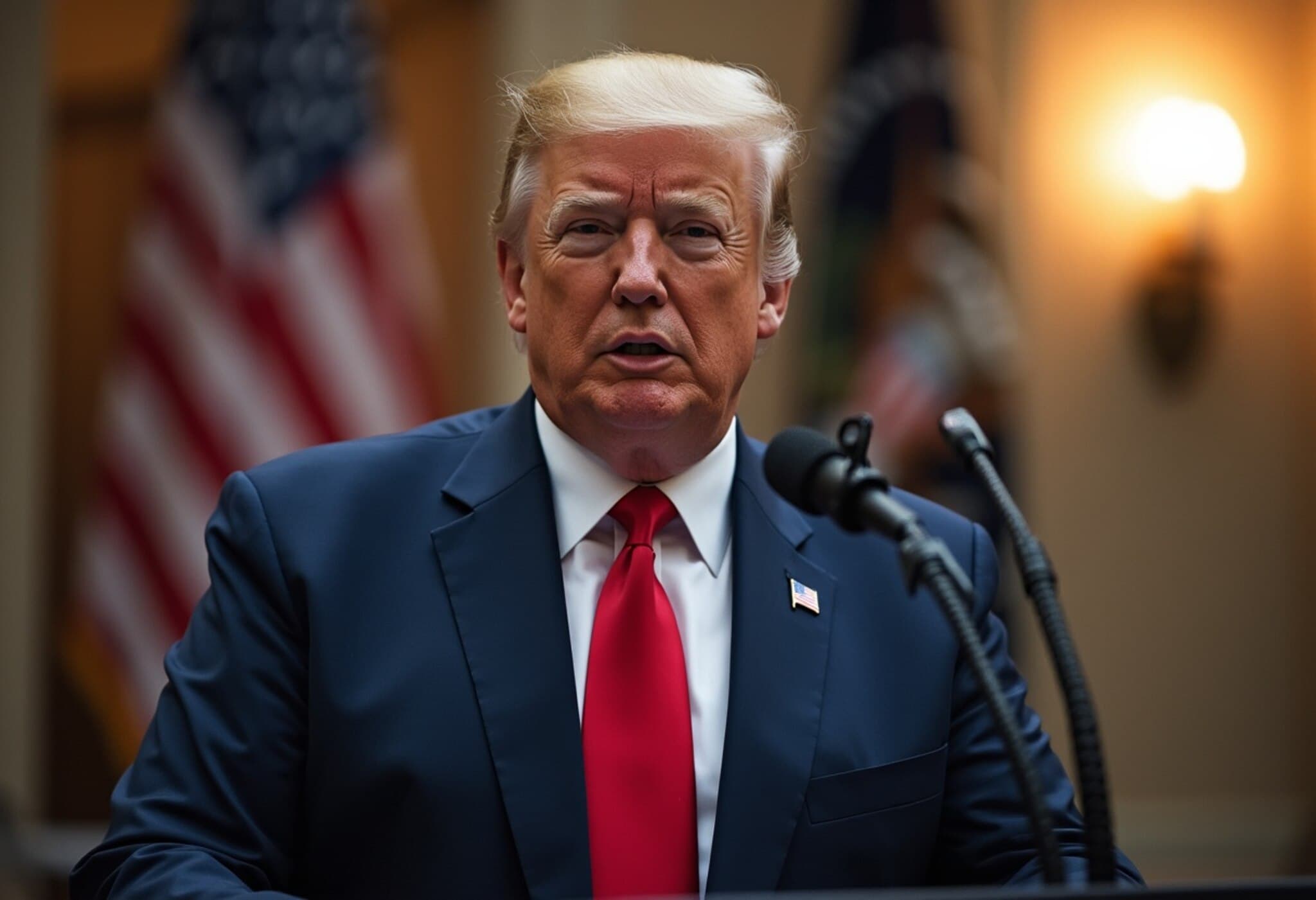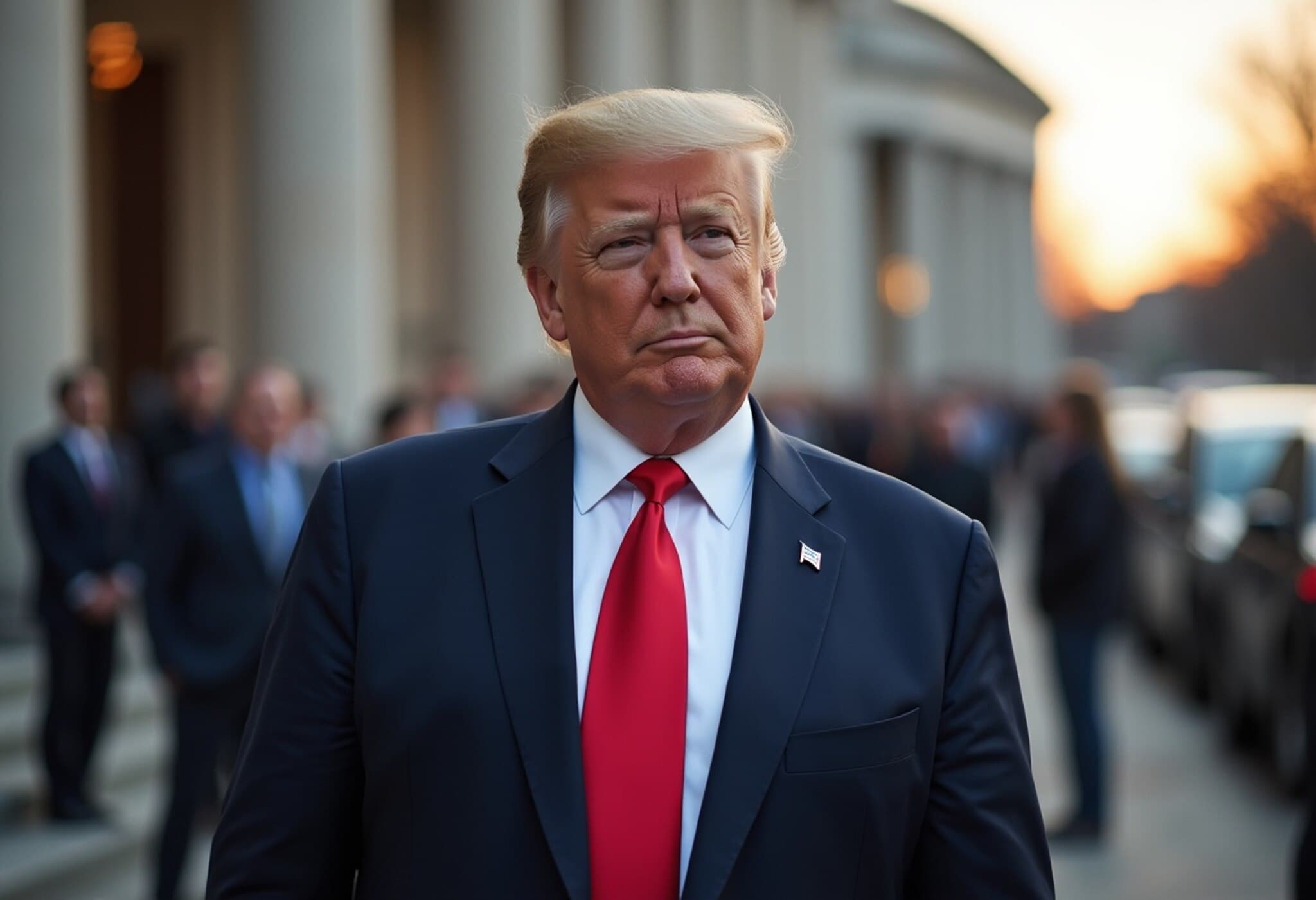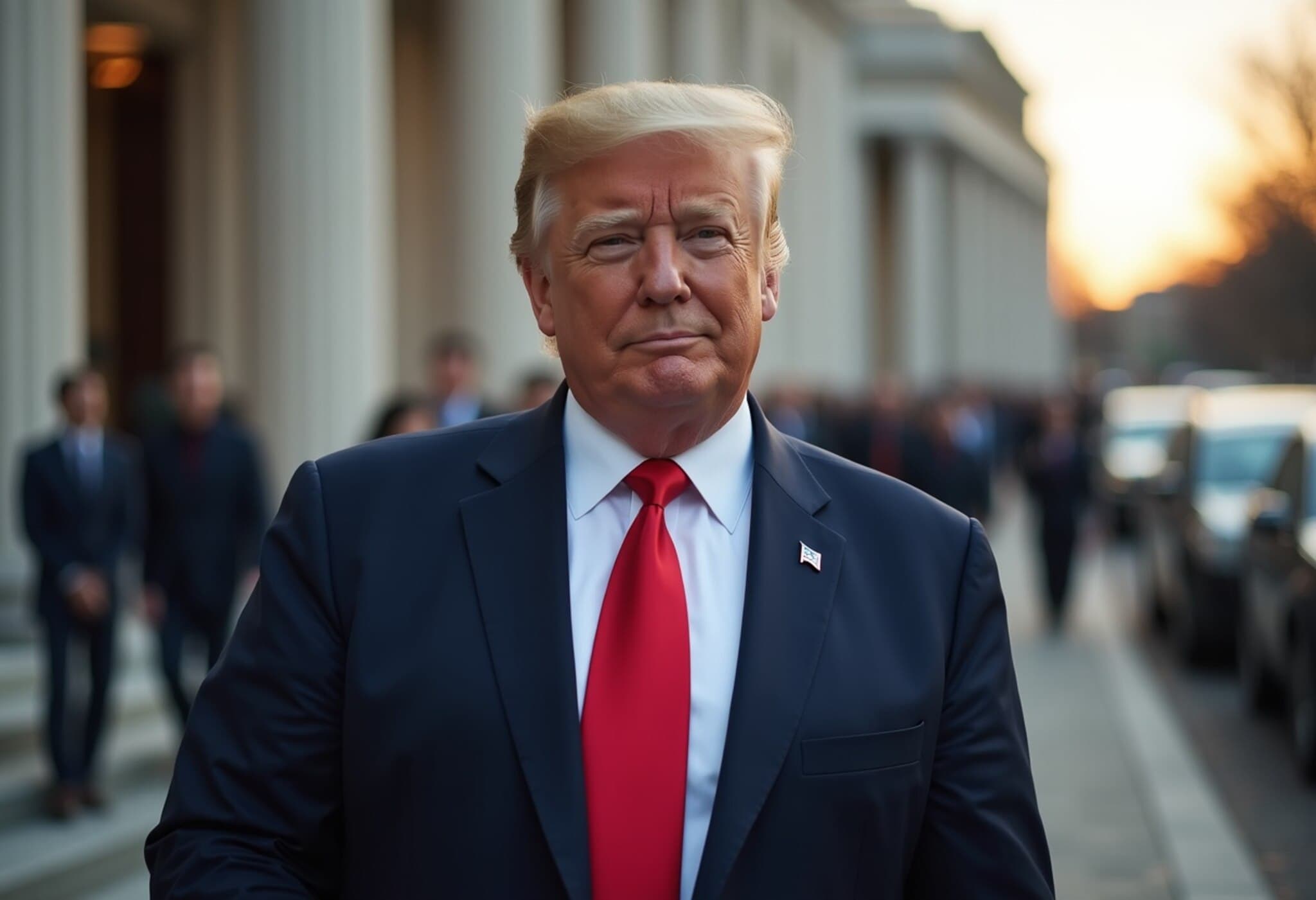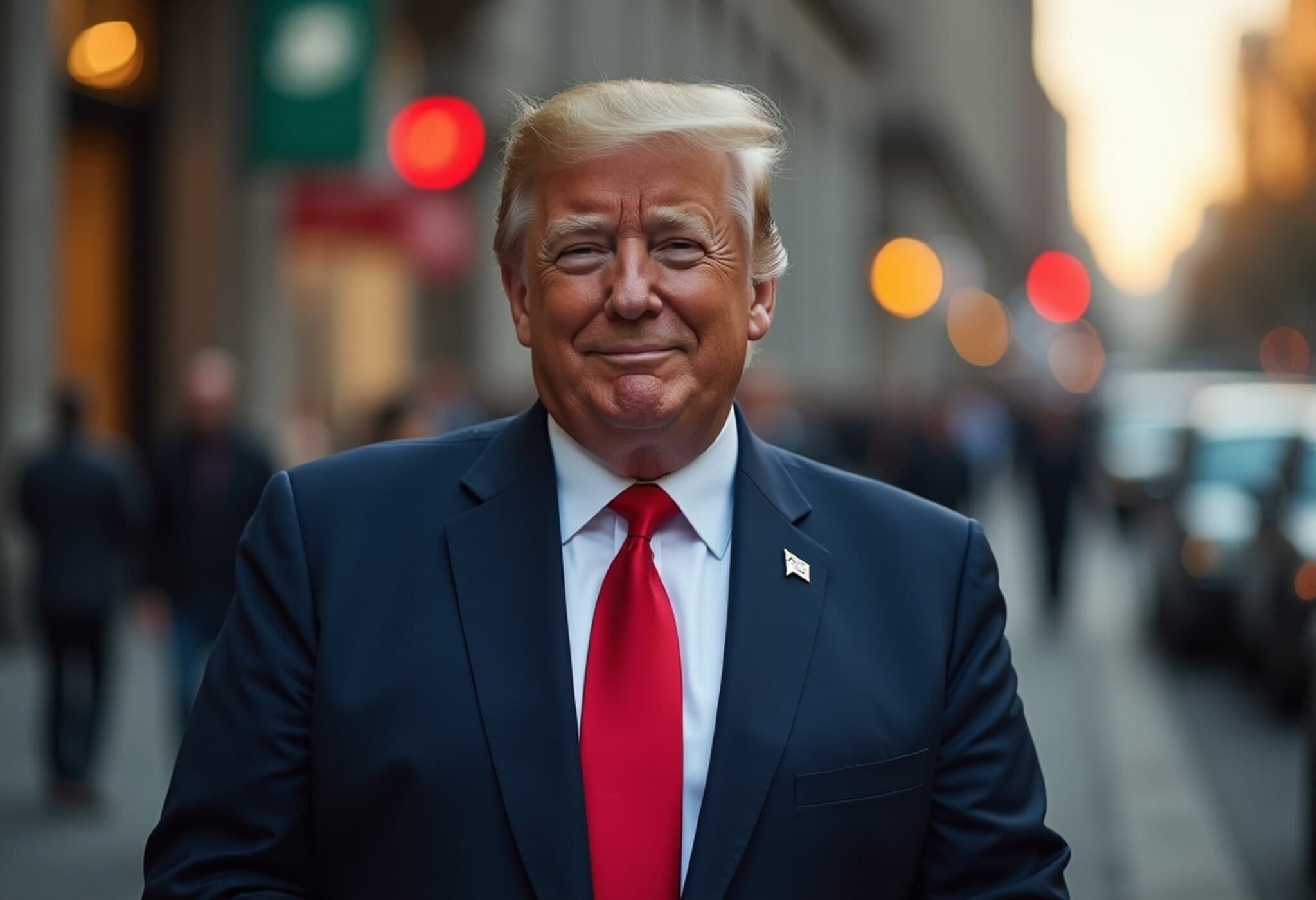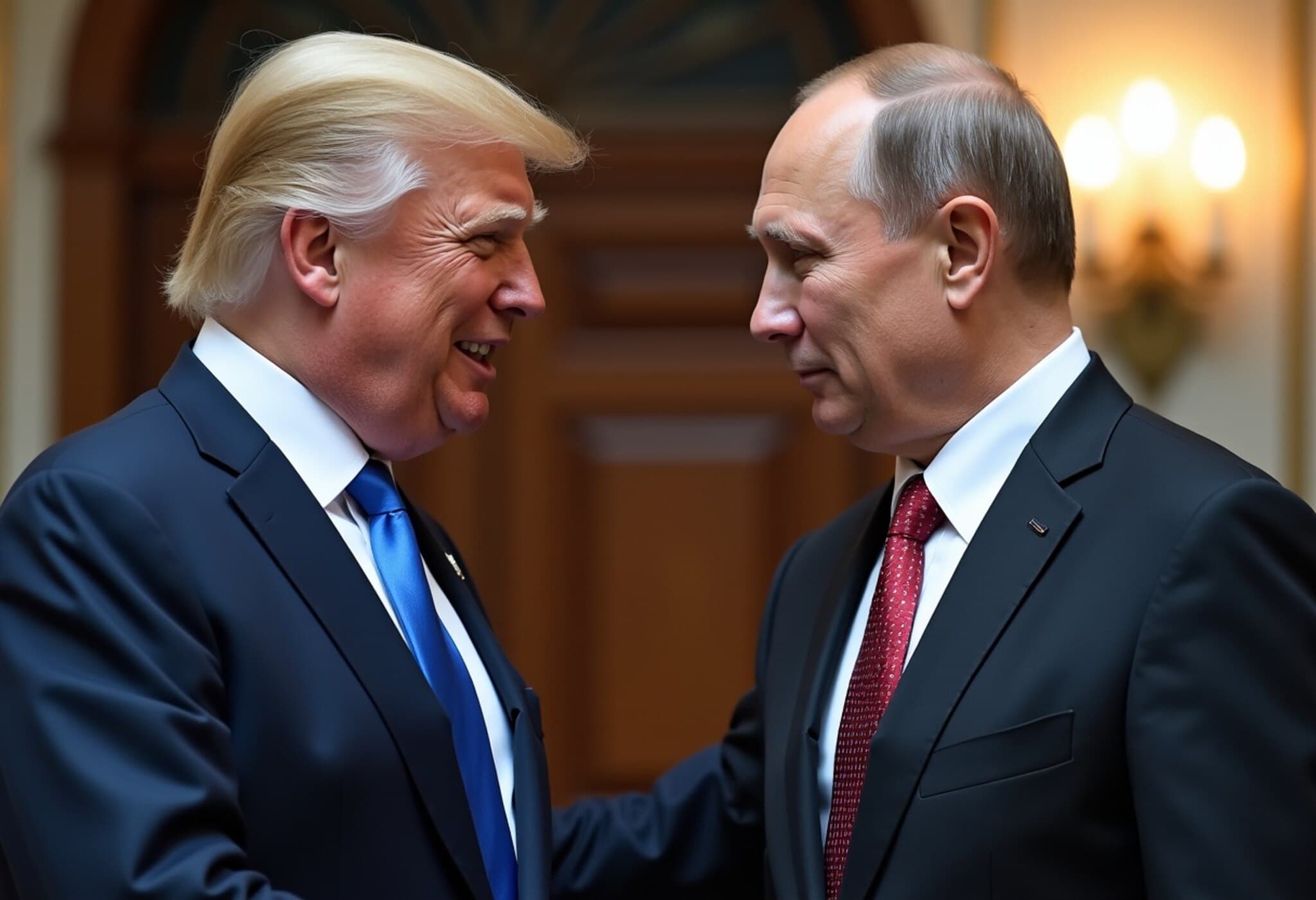Kamala Harris Opens Up About Brief but Historic 2024 Presidential Campaign in New Memoir
Kamala Harris, the trailblazing former Vice President of the United States, is set to share an unprecedented, intimate glimpse into the whirlwind of the 2024 presidential campaign with her upcoming memoir titled "107 Days". Scheduled for release on September 23, 2025, the book promises to shed light on what Harris describes as "the shortest presidential campaign in modern history."
A Campaign Like No Other: More Than Meets the Eye
Announcing the memoir in a candid video on social media, Harris revealed that the narrative extends far beyond the public spectacle of the campaign trail. "What the world saw on the campaign trail was only part of the story," she noted, emphasizing the deep personal reflections she documented following the conclusion of the 2024 election.
Unlike a conventional political autobiography, 107 Days dives deep into the complexities, challenges, and tight timelines that characterized her brief but historic bid for the presidency after Joe Biden’s unexpected withdrawal. Jonathan Karp, CEO of Simon & Schuster, which is publishing the memoir, remarked that the book captures the spirit of a suspense novel, likening it to celebrated political dramas such as The West Wing. He called it “one of the most compelling pieces of political nonfiction” his publishing house has ever undertaken.
Inside the Coaching Booth: A Closer Look at the Campaign’s Backstage Drama
The memoir does not revisit Harris’s tenure as Vice President, a topic already explored in her 2019 book, The Truths We Hold. Instead, it focuses laser-sharp on her decision to step into a faltering campaign at a critical juncture, navigating an unusually divided Democratic field and a rapidly evolving political landscape. It offers readers a rare “fly on the wall” perspective on the pivotal decisions and strategy sessions that defined those pivotal weeks.
- Highlights include Harris’s insights into assembling her campaign team amid high pressure.
- Reflections on the emotional and mental toll of running against the clock.
- Strategic nuances behind responding to unprecedented political turbulence.
What’s Next for Harris? Political Future in Focus
As the memoir’s release coincides with Harris’s recent decision to forgo a gubernatorial run in California, political analysts are closely watching what this means for her future ambitions. Will a return to the national political arena be on the horizon? 107 Days may provide subtle clues about her path forward.
Dawn Davis, executive editor at Simon & Schuster, describes the book as crucial reading for understanding the inner workings of a unique moment in American politics: "To read the book is to be a fly on the wall as critical decisions were made and key team members tapped, all in such a dramatic moment in our history."
The Broader Context: Political Memoirs in the Spotlight
While the financial terms remain undisclosed, Harris’s entry into the sphere of political memoirs echoes recent high-profile deals, including the reported $10 million advance for Donald Trump’s post-presidency memoir. As political figures increasingly turn to publishing, 107 Days distinguishes itself with its fresh, behind-the-curtain storytelling style and emotional candor.
Jonathan Karp summed it up by calling Harris “a singular American leader,” asserting that her memoir captures the gritty reality of presidential campaigning better than most accounts available to date.
Editor’s Note
Kamala Harris’s memoir offers not just a recounting of a fleeting campaign, but an exploration of resilience, leadership, and the human side of politics. In an era marked by political polarization and fast-paced campaigns, 107 Days invites readers to rethink what it means to run for the highest office under extraordinary pressure. As Harris charts her next steps beyond this memoir, the book serves as both a historical document and a potential roadmap for future leaders facing turbulent political landscapes. It also raises important questions about the role of women and minorities in shaping America’s political future—a narrative still unfolding on the national stage.

